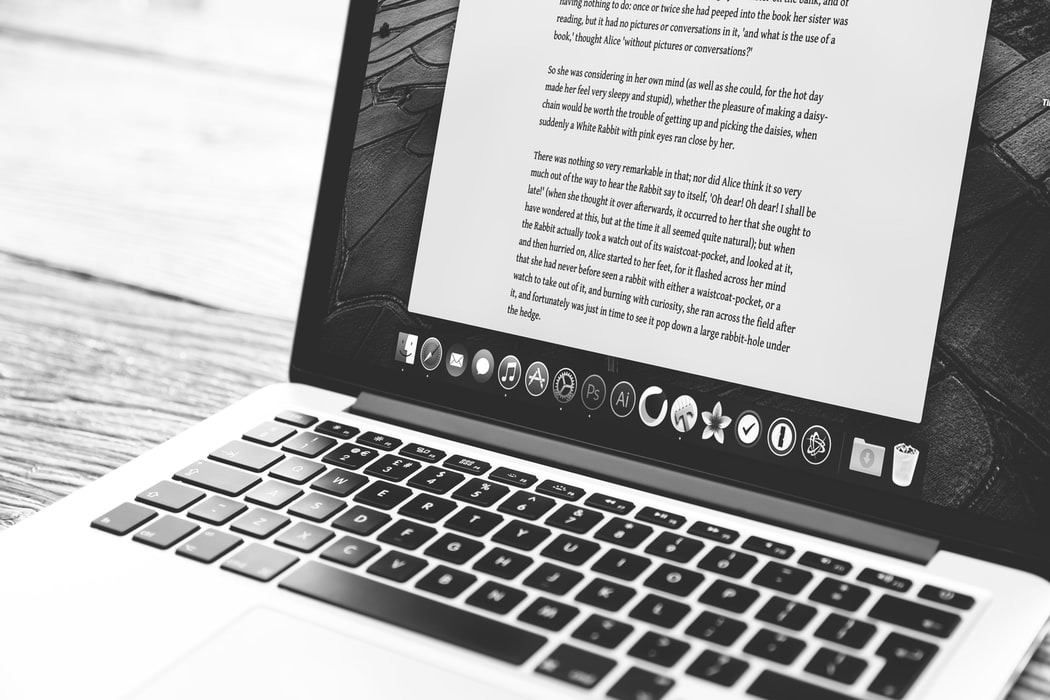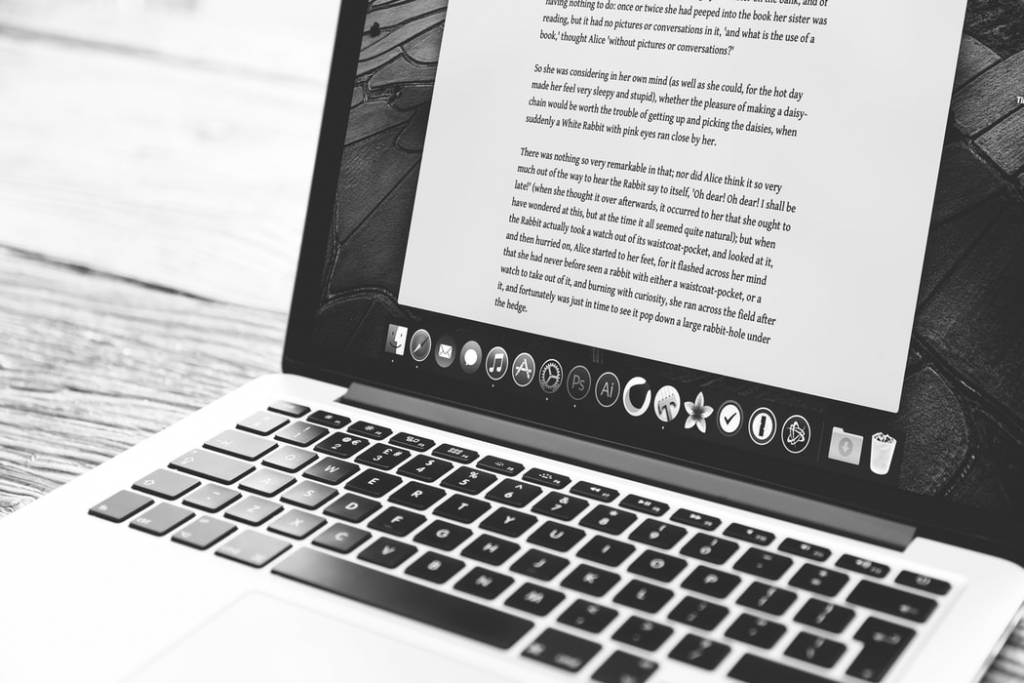Writing is present in every student’s life. In school or college, a person has to write many essays, argumentative statements, and research papers.
Most people find it difficult to write even a short text. These difficulties can be of various kinds. For example, one person lacks the banal desire and willpower to just sit down and start writing something. Another one maybe would like to write something, but it is hard to decide on the topic or pick the right words. A third person can write a lot but then notices that their text has many mistakes.
All of these problems are related not so much to innate abilities as to knowledge and skills. And these, as we know, can and should be developed and improved. If you start small, it is better to watch how professionals create essay reviews. Observation allows people to form a list of what suits a person in their creative process.

One must remember that writing is a complex skill consisting of various knowledge and abilities. It requires:
- to be an educated and versatile person;
- to be motivated;
- to know the norms of language and rules.
If a person knows that all of the above is about them, then our tips for effective writing are sure to work.
1. Know Your “Enemy”
For a text to be effective, one must approach it differently each time. Professors in high school or college give out different writing assignments. There are three main types:
- Formal Writing
- Informal Writing
- Timed Writing
Each of these dictates a different type of text. It will be easy for students to understand what professors expect of them if they learn the main features. The formula for effective writing here is simple: “know what is expected + put in the limits set = a great written product.”
2. Work on Vocabulary
Vocabulary improves with every book, article, or short story read and understood. It is important to remember that one should know not only the words but also know their meaning. In this way, one develops an understanding of when it is appropriate to use certain words. Sometimes, one word can completely distort the meaning of a sentence. A sentence, in turn, can distort the entire text.
3. Remember about the Reader
A person can write whatever they want in a raw draft. It is just an outline of the finished text. As one begins to edit, they must keep in mind who will be reading the text. A professor? Fellow students? Friends? Strangers at literary forums?
The text is effective when one is mindful of who is going to read it. In this way, the person pumps up the skill and becomes a better writer. If the audience is not interested in the appeal, then all the effort is in vain.
4. Remove Unnecessary Words
To write effectively is to write simply and clearly. Complicated and pretentious word combinations will not convey writing skills. Besides, the text becomes difficult to read. Rereading, one needs to put themselves in the place of the reader. In this way, it will be easier to understand what makes a text difficult to read.
5. Listen to Critics
Criticism can be subjective, where the critic simply wants to say that the text is bad. If the critic explains their position with examples, it is better to listen to such criticism. An outsider’s view helps one understand what is missing in the texts.
6. Outside Help
Even the best writers need the help of modern technology. Artificial intelligence has no emotion or affection to spare human feelings. That’s why help from the best writing platforms can be invaluable. Commas will be in place. Difficult words will be underlined. The reference list will be arranged in the best way possible.
Of course, one should not completely rely on AI. It is necessary to accept its help but understand when the proposed replacement does not correspond to the desired result.
7. Avoid clichés
Some phrases sound too beautiful to resist using in the text. At the same time, people use them so often that they have become clichéd. They are generic and do not add to the text’s effectiveness. Readers are so used to clichés that they do not remember what they read.
Will a text be effective if it is not remembered?
8. Avoid Generalizations
Generalizations and class stereotypes destroy the text. A writer can afford to generalize only when it comes to the results of an experiment. In creative writing, one should not rely on generalization-stereotypes. The reader is unlikely to be impressed by a writer who creates a female or male character based on faulty character judgments.
9. Calculate Time
One should try to organize a writing process so that they have at least a few hours to spare.
Why?
One needs to do this so they can go back to what they’ve written. A break from writing and a change of activity relax the eyes, which no longer notice mistakes or difficult words. After a rest, one will perceive one’s text as a reader, not a writer. In this way, one can notice anything that needs to be corrected.
10. Enjoy the Process
Is it cliché to say that it is important to enjoy the process? Absolutely. But it is also the truth of life. Writing will not be effective if one does not enjoy what they are doing. The text will be dry and unemotional because the student is writing just to get the assignment over with.
There are many tips on how to love the writing process. We’d like to suggest a little exercise. Each day create a new character by answering a series of questions in writing:
- who is this person?
- what is their main goal in life?
- what do they think about all the time?
- how do they feel every day?
- what problems do they have?
- what are they afraid of?
- what happened to them in the past?
Each character will come to life. They will be interesting to follow, and thus – to write in a way that will interest others.

Founder Dinis Guarda
IntelligentHQ Your New Business Network.
IntelligentHQ is a Business network and an expert source for finance, capital markets and intelligence for thousands of global business professionals, startups, and companies.
We exist at the point of intersection between technology, social media, finance and innovation.
IntelligentHQ leverages innovation and scale of social digital technology, analytics, news, and distribution to create an unparalleled, full digital medium and social business networks spectrum.
IntelligentHQ is working hard, to become a trusted, and indispensable source of business news and analytics, within financial services and its associated supply chains and ecosystems










